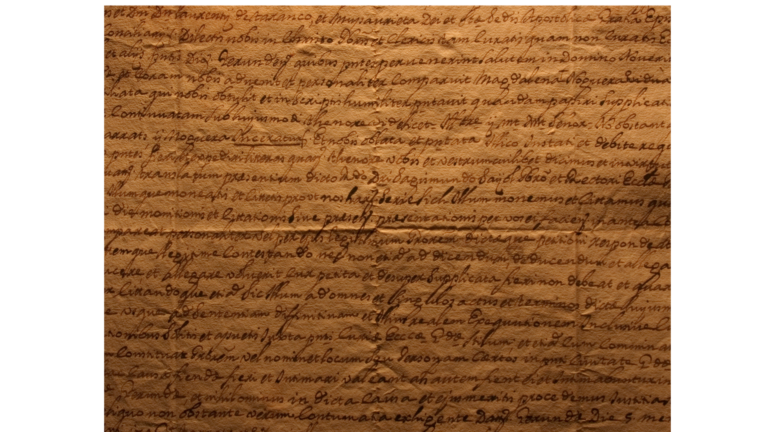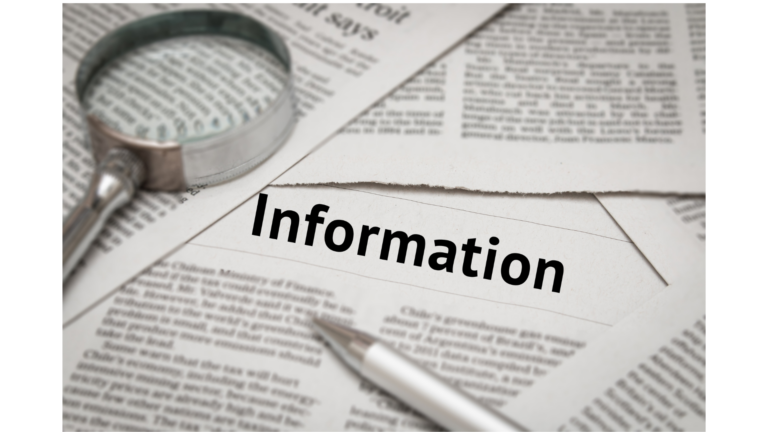We keep lots of documents in the office and also in our homes with the belief that they will always be of use.
You find that there are documents we have never even looked for in a number of years and yet they are occupying a lot of space in our workspace and home space.
This applies not only to physical documents but also to the digital documents
How do we evaluate what is necessary and what is not necessary? Why are we keeping these documents in the first place?
#1 Do they have historical value?

These are documents that provide past information of the past. These could be an organization’s history in relation to its development and functions. It could also be information of persons, events or places
#2 Are documents could be of importance?
The documents could be of importance or usefulness that it justifies their continuous preservation. This could be because of fiscal, legal, administrative or evidential information they have.
These documents could be preserved in the original format for a long period of time. Examples: Title deeds, logbooks, certificates.
This contains evidence of legally enforceable rights or obligation to the government or private persons. Document could also be kept for research value.
#3 Are they copies of an original?
There could be an original whereby a number of duplicate copies have been produced and kept. This essentially means the original has to be kept safe for future need or duplication.
It could also be the original version of a document which has undergone different levels of versioning. The original is retained for reference.
#4 How old are the documents?

How old are the documents and when were they last used or accessed? The document could be so old that it being retained in paper format just leads to further deterioration.
If it is still being used then it would be preferable being stored in digital format for its longevity. If it is no longer being used then it is preferable to confirm its retention period and opt to dispose.
The old documents might be occupying space that could be used for a different purpose.
#5 Do they have a retention period?
Retention period will determine how long information can be kept. It helps organizations know which documents to keep and within what period.
To keep your documents organized and not have piles of stored documents which are no longer required, having a retention policy is necessary.
The two main purposes of retention are legal documentation and disaster recovery. Organizations retain documents by law because it is a Government regulation and also to protect themselves in case of legal action.
Retention period specifies how long a document should be kept before it is disposed of.
#6 Do they have active information or business information?

The documents may be having active information that is still actively in use. This could be legal, financial, Human resource or even administrative information.
These as long as they are still being referenced to on a continuous basis. They are kept for that period until they reach the end of their retention period.
Their retention period should have been already incorporated to ensure that the documents are disposed of rightfully.
Conclusion
You might be keeping lots of documents that you really do not need. To ensure that you are not keeping documents you don’t need, have a retention policy in place.
And if you can have your documents stored in digital format the more efficient your document management process would be.

